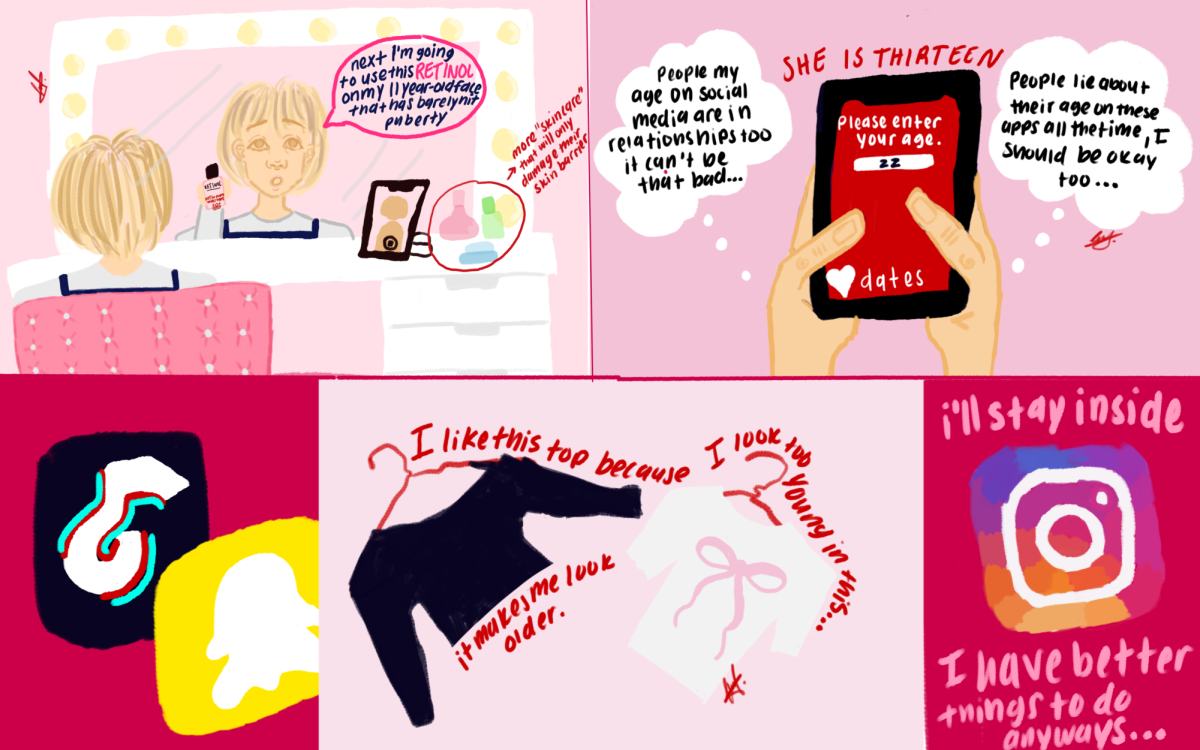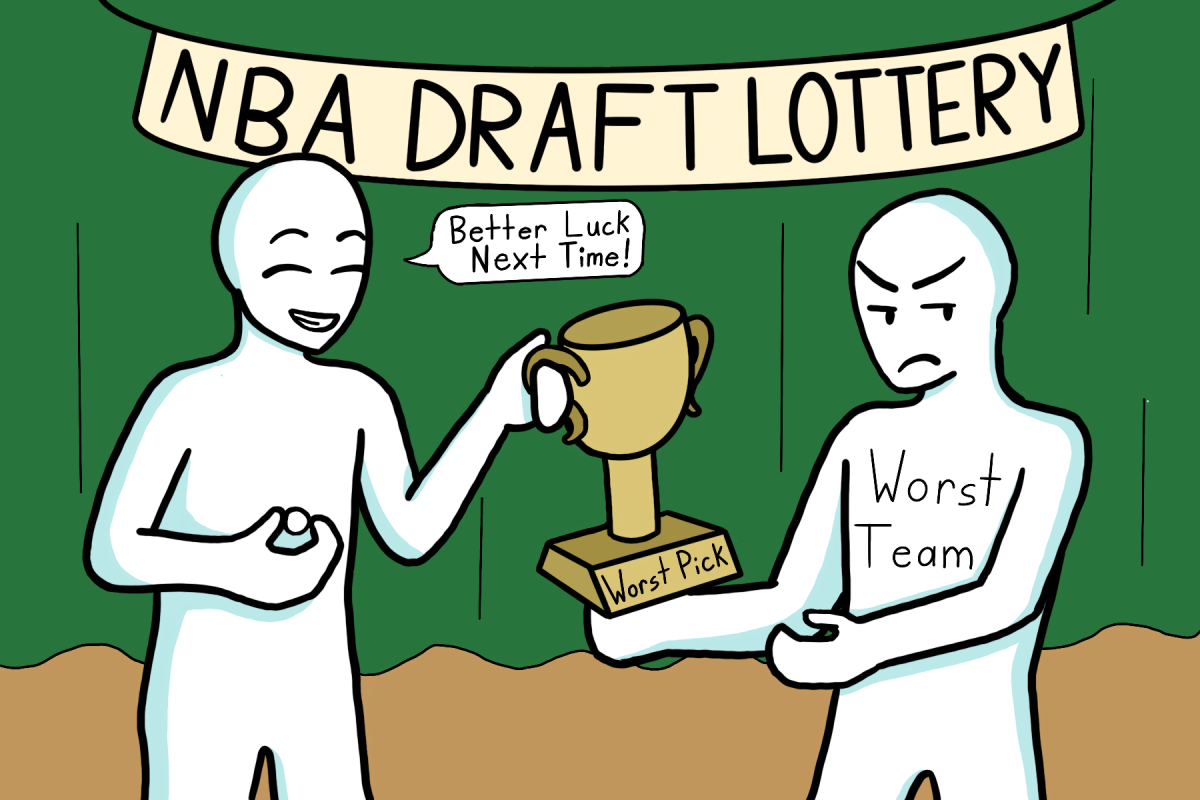Many students at Douglas would agree that one of the main reasons for their distaste for school comes from the excessive stress it brings into their lives. This is not to say that school should not be in our lives – it’s a necessity – but it is to say that some of the curriculum, parents, classes, and overall expectations do need to be tuned down significantly.
From kindergarten some parents push for their tiny five year olds to be put into “gifted classes” in place of the regular, “slower” classes. Whether this benefits the child at all or simply provides a bragging point for a suburban mom is yet to be seen. As students similar to myself can attest to, this label brings along with it increased pressure from our parents from the beginning, and nothing less than a B will be remotely accepted at any point in our school careers. Nothing less than a 2100 on the SAT is acceptable and anything below a 28 on the ACT is disturbing – “Do you even want to go to college?”
On top of this, in regards to extra curricular activities, we are expected to go “above and beyond”, joining various clubs, participating in sports, yet somehow finding time to pursue our own hobbies. Junior baseball player Connor Brady echoes these sentiments.
“Dealing with school and sports can be a pain, especially when it comes to all the commitments that each bring,” Brady said. “The 10 hour long days of nonstop schoolwork and baseball really does get to you.”
A survey, conducted by the American Psychological Association, found that nearly half of all teens – 45 percent – said they were stressed by school’s arduous pressures.
“Chronic stress can cause a sense of panic and paralysis,” the public education coordinator for the APA Mary Alvord said. “The child feels stuck, which only adds to the feeling of stress.”
According research completed in 2015 by a team from New York University, 48 percent of teens reported about three hours of homework a night, and roughly 80 percent had degrees of stress varying from moderate to extreme. Grades, homework, and preparing for college were the greatest sources of stress for both genders. A surprising amount of students, 26 percent, “reported symptoms of depression at a clinically significant level.”
All of this does catch up eventually, and it does have awful effects on us which apparently everyone but us seems to realize, as parents and colleges alike continue to increase expectations and competition – colleges are only going to get more expensive and selective. The future of student health does not look too bright.










